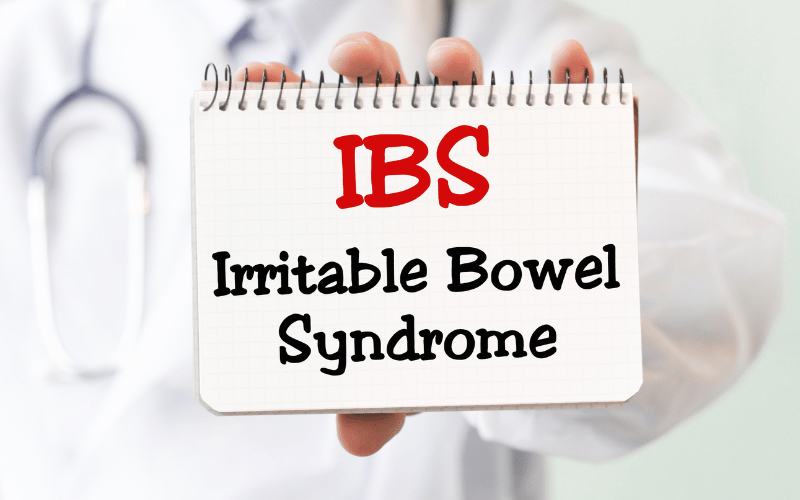Introduction: The Intricate World of IBS
Irritable Bowel Syndrome, commonly known as IBS, is more than just a stomachache or occasional digestive issue. It’s a disorder that presents itself in various ways, often disrupting daily life. Delving into its specifics, understanding its origins, and learning about its management is essential for those diagnosed and their support systems. But with so much information out there, it’s easy to get lost in myths and half-truths. This article aims to shed light on IBS by highlighting 15 crucial facts that everyone should know.

IBS is among those medical conditions that doesn’t just affect an individual physically, but mentally and emotionally too. It’s essential to highlight that this condition isn’t merely about frequent trips to the bathroom. Its implications run deeper, affecting a person’s work, social life, and mental well-being. Understanding IBS isn’t just about knowing its symptoms, but also appreciating its multifaceted impact on a person’s life.
With an estimated 10-15% of the global population grappling with IBS, it becomes crucial to address this topic head-on, providing accurate information to enhance awareness. A well-informed community can provide better support to IBS sufferers, ensuring they don’t feel isolated in their journey. It’s time we dive deep into this often misunderstood condition and learn how we can make a difference.
Fact 1: What is IBS? A Brief Overview

IBS, or Irritable Bowel Syndrome, is a term that most have heard of, but few understand in depth. At its core, IBS is a gastrointestinal disorder primarily affecting the large intestine. Patients diagnosed with IBS often complain of abdominal pain accompanied by bloating, gas, and alterations in bowel habits. Unlike disorders such as Crohn’s or ulcerative colitis, IBS doesn’t cause changes in bowel tissue or increase your risk of colorectal cancer.
Yet, its benign nature doesn’t reduce the distress it can cause. The symptoms, while not life-threatening, can be debilitating and interfere significantly with daily activities. This is compounded by the fact that the symptoms can be inconsistent, with flare-ups alternating with relatively symptom-free periods.
Importantly, IBS isn’t just about the physical discomfort. It carries with it a psychological component. The unpredictability of symptom flare-ups can induce anxiety, especially when planning outings or events. Moreover, there’s an unfortunate stigma attached to digestive issues, which can make those with IBS reluctant to discuss their condition, leading to feelings of isolation.(1)